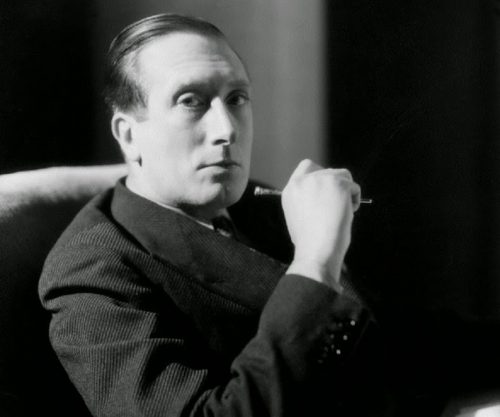By Erik Elmgren
On Sunday, February 5, 2016, at 5 p.m., the Eastman Philharmonia presents its first concert of the spring semester under Neil Varon. The concert features works by Beethoven and Strauss, as well as William Walton’s Concerto for Viola and Orchestra performed by Eastman student Halam Kim. I spoke to Halam to learn a bit more about this exciting opportunity.
Tell us a bit about yourself?
My name is Halam Kim, and I am currently finishing up my BM degree at the Eastman School of Music and BA in psychology at the University of Rochester.
I was born in Korea and moved to the states when I was in 5th grade. Now, I live in a beautiful town, Port Washington, NY. I went to Paul D. Schreiber High School in Port Washington while attending the Juilliard Pre-College and studying under Heidi Castleman, and now I am finishing up my undergraduate studies with my wonderful teachers Carol Rodland and Phillip Ying.
Could you talk a bit about the process of how you ended up with this opportunity?
Originally, I was planning to play the Bartok Concerto for graduate school auditions. However, after our first lesson this year, Prof. Rodland suggested learning the Walton Concerto because it is one of the “big three” in the viola repertoire that I should cover before graduate school. At first, I was pretty hesitant, but I agreed with my teacher that I should learn it regardless of the competition. I was very stressed out from my dual-degree classes, graduate school applications including pre-screening recordings, and the competition, and I was in denial that I would actually be doing the competition. My plan to finish pre-screening videos early so that I could dedicate my time to Walton did not go as planned, so I decided to stay in Rochester for Thanksgiving and dedicate my break for Walton. I knew I had a limited time to solidify my technique so I tried my hardest to go over tricky passages. Most importantly, I dedicated a lot of time to score studying and knowing what I want to say in this piece, which I think played a huge role how I played in the competition.

William Walton in the early 1930s, shortly after the premiere of his Viola Concerto. He revised this very successful work in 1961.
Could you talk a little bit about Walton’s Viola Concerto?
This concerto is very special to me because I can connect with the music so easily. I know viola concerti are not people’s favorite to listen to, but it really is an amazing piece that tells a great story that can only be explained with the emotions that the music provides. It starts with a very engaging first movement. Then, there is a jazzy second movement that is very brilliant, and the piece ends with an English-sounding movement. I am truly lucky to be playing this piece because it comes full circle at the end of the third movement. The soloist returns to the melancholy theme from the first movement while, in the background, the bassoon plays the quirky theme of the third movement. At this moment, I picture myself (the viola part) being old, looking at young children (bassoon) and remembering my past. It is very nostalgic, and it describes someone’s life in a very artful way.
What unique challenges are presented by playing as a soloist in front of an orchestra?
The most difficult but wonderful part of this experience was actually playing with the orchestra. This concerto has a very difficult orchestra part, and I personally had to remember that now I have about 75 people behind me instead of one pianist. I actually had to stop myself from cueing my pianist/orchestra because now I had Maestro Varon. We had to come to agreements about how we want to do certain parts and trust each other. After a few rehearsals, I found out what I could do and couldn’t do with time/tempo given the logistics of playing with a large ensemble. I couldn’t just focus on my sound and stay with my musical ideas, but rather had to play chamber music with the whole orchestra. When I only listened to myself, I was not playing with the orchestra. When I only listened to the orchestra and tried to stay together, I was not making the music I had in mind. Finding the balance and comfort to play my best while listening to what is going on was probably the hardest but most rewarding thing about this opportunity.
Playing with an orchestra is also very scary to think about at first, but it turned out to be something that made me very comfortable because I had my friends in the orchestra, sending me love and support. In every rehearsal, I still feel very honored and humbled to be doing what I truly love with wonderful peers under a great maestro in one of the greatest, most beautiful concert halls in the country. This was definitely one of the times that reminded me of the reason I chose to continue doing music, and I want to thank all my teachers, friends, and family for making me who I am today.